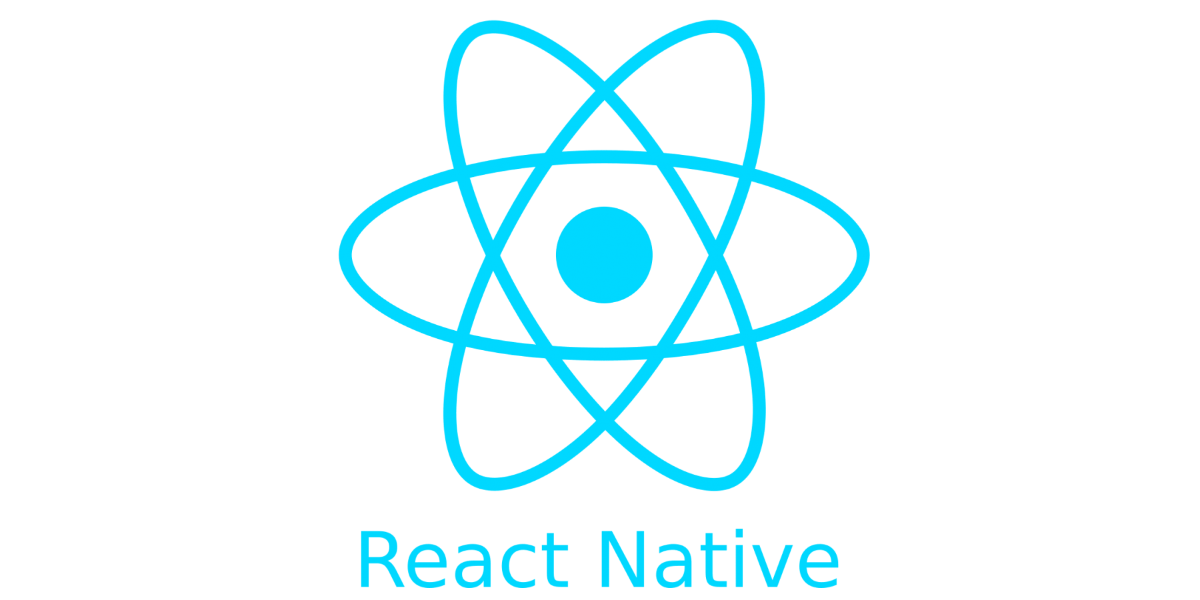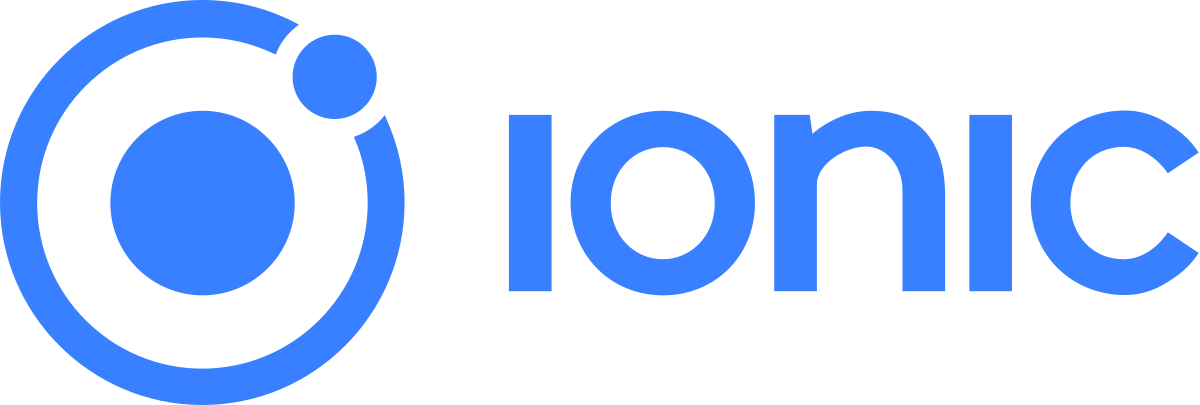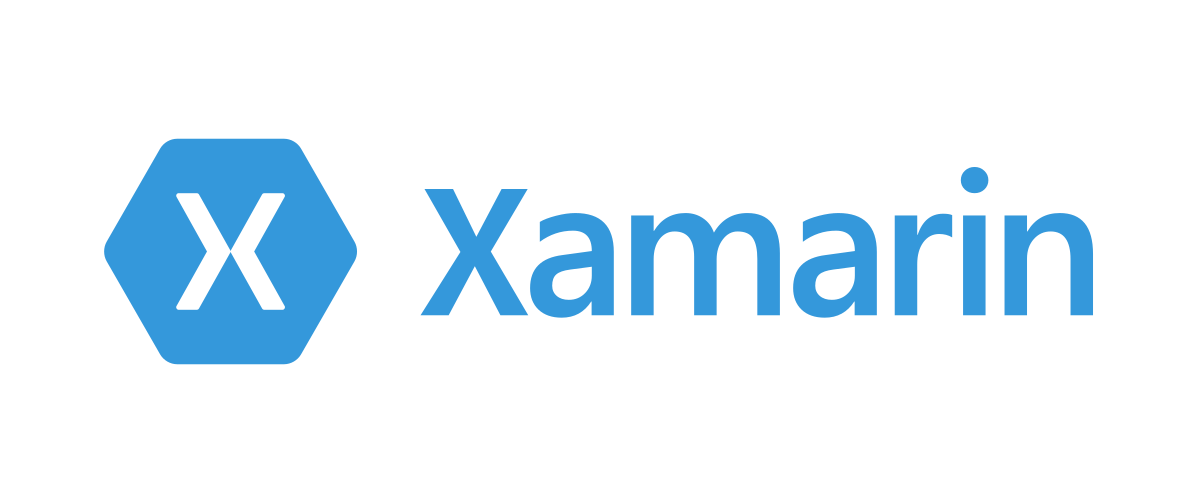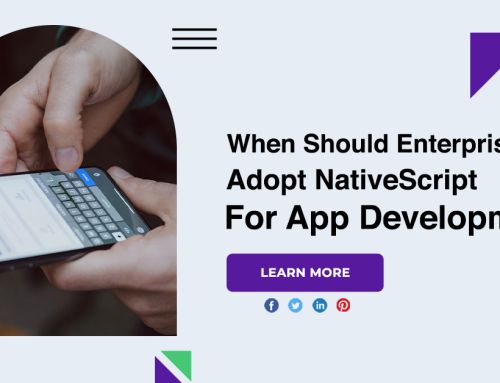What Is Hybrid App Development?
The hybrid app development methodology revolves around creating an app with a single project using a framework that can target all the necessary platforms. Hybrid software is very attractive because developers can create a single code base that be used for an application on all platforms.
Hybrid app different from native
Hybrid development allows you to create application once and then deploy it across different platforms, including iOS, Android, or Windows. This saves time for developers working on multiple projects designed for each platform.
Best hybrid app frameworks
React native
React Native was first released a cross platform mobile app development framework based on React. An open source Javascript framework that enables to build multi-platform user interface components are then l to native code and converted to Android and iOS native views.

Flutter
Flutter is an open-source framework developed by Google that uses a programming language of their own design, called Dart. It can deliver apps to mobile, web, desktop platforms, and even embedded devices.

Apache cordova
Apache Cordova is a cross platform, open-source mobile development framework. It allows you to create mobile apps using standard web technologies. Apps developed with Apache Cordova run in the Web the native application wrapper.

Ionic
Ionic is a popular framework that uses to create hybrid mobile apps. It is very powerful, easy to use, and has built in support for AngularJS, making it even more attractive for front end developers who are already familiar with the framework.

Xamarin
Xamarin is a framework created by Microsoft for developing mobile apps built on top of their .NET framework and C# programming language. You can build apps and access native APIs for iOS, Android, and Windows.

Advantages
Ease of development
Hybrid apps are easier to develop than native apps because there is no need for a developer to know the language required by each platform.
Maintainability
Hybrid applications offer developers a way of maintaining their code across multiple platforms with minimal effort.
Performance
Hybrid applications are typically lighter than native applications because they all run within a single process and share memory space.
Cross-platform compatibility
These applications are designed to run on multiple platforms at once. This makes them ideal for businesses that want their presence to reach all their potential customers.
User experience
A hybrid application can reuse components and design elements across platforms, which helps create a more consistent user experience.
Disadvantages
New features take a while to roll out
Hybrid app development frameworks are very flexible and useful, but they won’t always update as soon as any given feature is released on a specific platform.
Performance and larger size than native apps
Hybrid frameworks inevitably introduce overhead since they are using libraries and other code snippets to call native code, whereas a native app can do so directly.
Costs for hybrid app dev
The expensive than it would be to make a native mobile app. The cost might depend on how long it takes to make the app and what features or design want on it.
Conclusion
A highly performant game or other similar application hybrid app development might be the right choice because it offers an easier development approach cost savings and compatibility across a variety of platforms.









